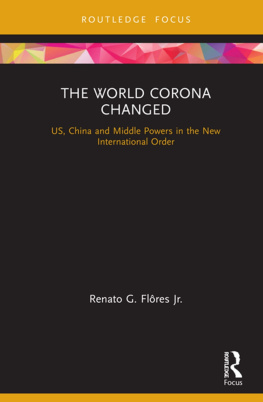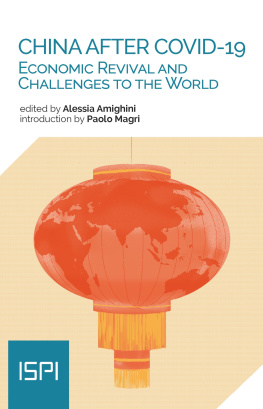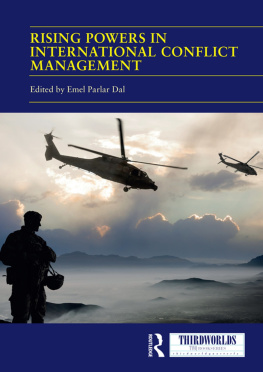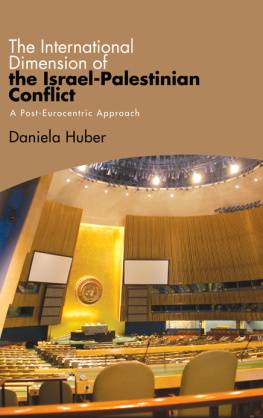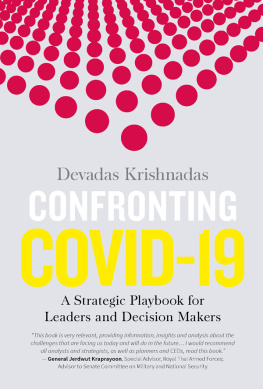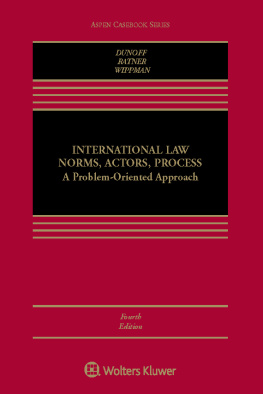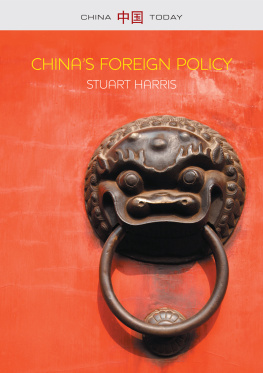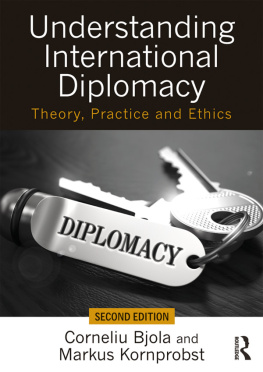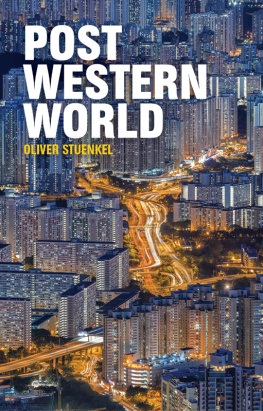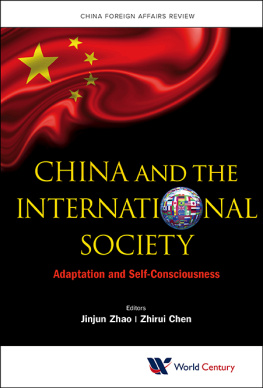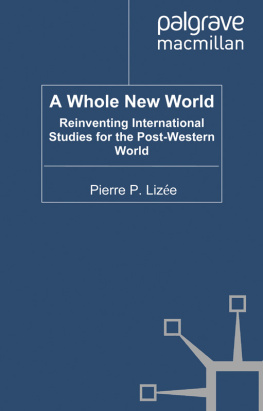The World Corona Changed
This concise book addresses the new geopolitical realm which will ensue from the coronavirus pandemic, exploring how the main international actors will position themselves in the post-Covid-19 realities.
Contrary to some analysts, the author argues that, rather than an acceleration of existing or latent trends, the post-coronavirus world will present novel and otherwise unexpected features and challenges. Even the previously ongoing tension between the US and China will morph into an additionally complex and multidimensional puzzle, making it much more difficult to manage. In this book, the author provides a few basic tools for further analysis of the evolution of the new world situation, in an innovative way. Two main axes orient how analyses will be performed: the shape and evolution of the USChina relationship (and their interactions with other international actors), and the degree of co-operation for example, on climate change and security arrangements in the transformed world. The author suggests that the pandemic will be responsible for new emergences and fractures, and yet our ever more divided world will at the same time support unifying forces and links, highly dependent on technological developments being shared and/or protected.
The primary objective of this book is to draw a broad picture which will serve as a frame of reference for analysing how the community of international actors will react to major challenges be they expected or unanticipated in the post-pandemic world. It will be of immense interest to analysts, academics, politicians and students of international relations, geopolitics, strategy and world affairs.
Renato G. Flres Jr. is Director of the International Intelligence Unit and Professor in the Graduate School of Economics at the Fundao Getulio Vargas (FGV), Rio de Janeiro, Brazil.
Innovations in International Affairs
Series Editor: Raffaele Marchetti, LUISS Guido Carli, Italy
Innovations in International Affairs aims to provide cutting-edge analyses of controversial trends in international affairs with the intent to innovate our understanding of global politics. Hosting mainstream as well as alternative stances, the series promotes both the re-assessment of traditional topics and the exploration of new aspects.
The series invites both engaged scholars and reflective practitioners, and is committed to bringing non-western voices into current debates.
Innovations in International Affairs is keen to consider new book proposals in the following key areas:
- - Innovative topics: related to aspects that have remained marginal in scholarly and public debates
- - International crises: related to the most urgent contemporary phenomena and how to interpret and tackle them
- - World perspectives: related mostly to non-western points of view
Titles in this series include:
- States, Civilisations and the Reset of World Order
Richard Higgott
- Pivot Cities in the Rise and Fall of Civilizations
Ahmet Davutolu
- Translated from the Turkish edition by Andrew Boord
Civilizations and World Order
Edited by Elena Chebankova and Piotr Dutkiewicz
For more information about this series, please visit: https://www.routledge.com/Innovations-in-International-Affairs/book-series/IIA
First published 2022
by Routledge
2 Park Square, Milton Park, Abingdon, Oxon OX14 4RN
and by Routledge
605 Third Avenue, New York, NY 10158
Routledge is an imprint of the Taylor & Francis Group, an informa business
2022 Renato G. Flres Jr.
The right of Renato G. Flres Jr. to be identified as author of this work has been asserted by him in accordance with sections 77 and 78 of the Copyright, Designs and Patents Act 1988.
All rights reserved. No part of this book may be reprinted or reproduced or utilised in any form or by any electronic, mechanical, or other means, now known or hereafter invented, including photocopying and recording, or in any information storage or retrieval system, without permission in writing from the publishers.
Trademark notice: Product or corporate names may be trademarks or registered trademarks, and are used only for identification and explanation without intent to infringe.
British Library Cataloguing-in-Publication Data
A catalogue record for this book is available from the British Library
Library of Congress Cataloging-in-Publication Data
Names: Flores, Renato Galvo, author.
Title: The world corona changed : US, China and middle powers in the new international order / Renato G. Flres Jr.
Description: Abingdon, Oxon ; New York, NY : Routledge, 2022. | Series: Innovations in international affairs | Includes bibliographical references and index.
Identifiers: LCCN 2021021883 (print) | LCCN 2021021884 (ebook) | ISBN 9780367763831 (hardback) | ISBN 9780367763855 (paperback) | ISBN 9781003166726 (ebook)
Subjects: LCSH: United StatesForeign relationsChina. | ChinaForeign relationsUnited States. | United StatesForeign relations21st century. | ChinaForeign relations21st century. | Middle powers. | International cooperation. | World politics21st century. | COVID-19 pandemic, 2020Political aspects.
Classification: LCC E183.8.C5 F56 2022 (print) | LCC E183.8.C5 (ebook) | DDC 327.73051dc23
LC record available at https://lccn.loc.gov/2021021883
LC ebook record available at https://lccn.loc.gov/2021021884
ISBN: 978-0-367-76383-1 (hbk)
ISBN: 978-0-367-76385-5 (pbk)
ISBN: 978-1-003-16672-6 (ebk)
DOI: 10.4324/9781003166726
Typeset in Times New Roman
by codeMantra
Navegar preciso, viver no preciso.
(Navigating is necessary, living is not necessary.)
An old Roman saying, to encourage reluctant mariners, used as the central theme in a famous poem by Fernando Pessoa (18881935; Lisbon).
Preface
The cov.vars.2 virus has been teaching several lessons to all of us.
To begin with, besides the disarray it has provoked on the mathematical modelling of epidemics, with its multiple-peaked curves describing contagion and deaths, it has raised challenging statistical problems, aggravated by disturbing missing data and classificatory issues. The poor use of sampling techniques in several ways assess the spread of contagion, testing and fast information gathering, among others to advise public policies opens a question mark on how planning has been conducted.
In the pharmacological and medical realms, it raised disagreements, contentions and until now unsolved puzzles. The different approaches to treat the infected, the debate on the adequate pre-emptive or initial-stage medicines and the multiplicity of vaccines, perhaps too quickly tested and approved, offer a wide ground for future research and cold-minded reassessments.
The virus has changed, mutates, is one of the mantras used to explain unexpected behaviour and contradictory outcomes.
But it would be remembered as a great scientifically provocative nuisance if its damage had been circumscribed to the above fields. It overlapped: it invaded and pervaded nearly every social aspect of life, besides killing and impairing people, it hurt their mental health, their vision on their own lives, the meaning of their acts be it for bluntly avoiding the infection or when balancing the odds in doing something desired that might increase the probability of contagion. The perception of risk will never be the same again in the world.

